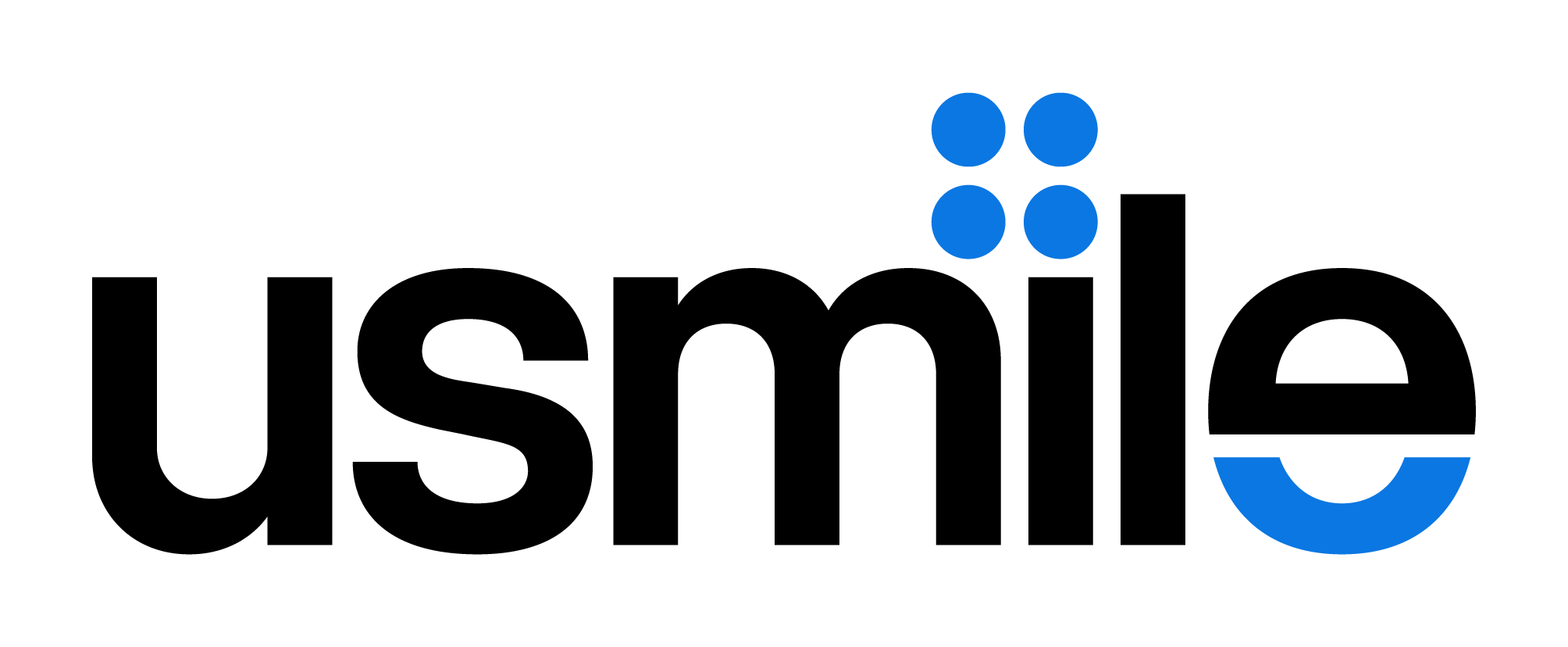Top 10 Habits to Avoid for Healthy Teeth
Maintaining good oral hygiene is essential for healthy teeth and a confident smile. However, some common habits can negatively impact your dental health, even if you brush and floss regularly....


Maintaining good oral hygiene is essential for healthy teeth and a confident smile. However, some common habits can negatively impact your dental health, even if you brush and floss regularly....

Maintaining good oral hygiene is essential for healthy teeth and a confident smile. However, some common habits can negatively impact your dental health, even if you brush and floss regularly. In this blog, we’ll explore the habits to avoid to protect your teeth and maintain optimal oral health.
Neglecting to brush and floss regularly is one of the most harmful habits for your teeth. Failing to clean your teeth at least twice daily can lead to plaque buildup, cavities, and gum disease.
Tip: Use tools like an electric toothbrush to ensure thorough cleaning and incorporate a water flosser into your routine for effective plaque removal between teeth and along the gumline.
Using your teeth to open packaging, tear tags, or crack nuts might seem convenient but can result in chipped, cracked, or broken teeth. This unnecessary strain can cause painful injuries or long-term damage.
Tip: Always use scissors or proper tools for such tasks, and reserve your teeth for chewing food only.
Sugary and acidic foods and drinks erode tooth enamel and increase the risk of cavities. Sugar feeds harmful bacteria in your mouth, leading to plaque buildup, while acidic foods wear down enamel over time.
Tip: Limit sugary snacks and beverages, especially between meals. Rinse your mouth with water after consuming acidic foods to neutralize their effects.
While brushing is crucial for removing plaque and food particles, brushing too aggressively can damage your gums and tooth enamel. Over time, this can lead to gum recession, sensitivity, and weakened enamel.
Tip: Use an electric toothbrush with pressure sensors to prevent overbrushing and ensure you’re cleaning gently and effectively.
Teeth grinding, often caused by stress, anxiety, or misaligned teeth, typically occurs during sleep. Over time, it can lead to worn-down teeth, jaw pain, headaches, and even tooth fractures.
Tip: If you grind your teeth, consider wearing a mouthguard at night and consult your dentist for solutions to address the root cause.
Smoking and chewing tobacco harm overall health and contribute to severe dental issues such as gum disease, tooth loss, and oral cancer. Tobacco products can also stain teeth, cause bad breath, and hinder healing after dental procedures.
Tip: Quitting tobacco products is one of the best steps you can take for both your oral and overall health.
Beverages like coffee, tea, and soda are acidic and can stain teeth while eroding enamel. Frequent consumption, especially without proper oral hygiene, increases the risk of discoloration and decay.
Tip: Limit your intake of these drinks, rinse your mouth with water afterward, and consider using a straw to reduce contact with your teeth.
Missing routine dental appointments can have long-term consequences for oral health. Regular checkups allow dentists to detect issues like cavities, gum disease, and oral cancer early, preventing serious complications.
Tip: Schedule dental checkups every six months for cleanings, exams, and early detection of potential problems.
Chewing on pens, ice, or hard candies can crack or break your teeth, leading to severe dental problems requiring fillings, crowns, or even extractions.
Tip: Avoid chewing on hard objects. If you need to occupy your mouth, opt for sugar-free gum.
Dry mouth, caused by reduced saliva production, can increase the risk of cavities and gum disease. Saliva is essential for washing away food particles, neutralizing acids, and maintaining oral health.
Tip: Stay hydrated, use saliva-stimulating products, and consult your dentist or doctor about underlying causes of dry mouth.
What happens if I don’t brush and floss regularly?
Failing to brush and floss leads to plaque buildup, resulting in cavities, gum disease, and potential tooth loss. Using tools like an electric toothbrush and a water flosser can enhance your routine and improve oral hygiene.
Why shouldn’t I use my teeth as tools?
Using teeth to open or break objects can cause chips, cracks, or fractures, leading to pain and long-term damage.
Do sugary foods really harm my teeth?
Yes. Sugar feeds harmful bacteria, causing plaque buildup and cavities. Acidic foods compound the damage by eroding enamel.
What are the dangers of teeth grinding?
Grinding wears down teeth, causes jaw pain, and can lead to fractures or headaches. A mouthguard can help protect your teeth.
Why are regular dental visits important?
Routine checkups help detect issues like cavities and gum disease early, enabling effective and less invasive treatments.
Good oral hygiene is essential for maintaining a healthy smile, but avoiding harmful habits is equally crucial. By steering clear of these detrimental behaviors, you can protect your teeth from decay, erosion, and damage, ensuring long-term oral health. Regular dental checkups and healthy lifestyle choices are key to keeping your teeth strong and your smile bright. If you have questions or need help breaking bad habits, don’t hesitate to consult your dentist!
Incorporating tools like an electric toothbrush and a water flosser into your routine can make it easier to maintain excellent oral hygiene and prevent many common dental problems.
Your cart is currently empty.
Start Shopping